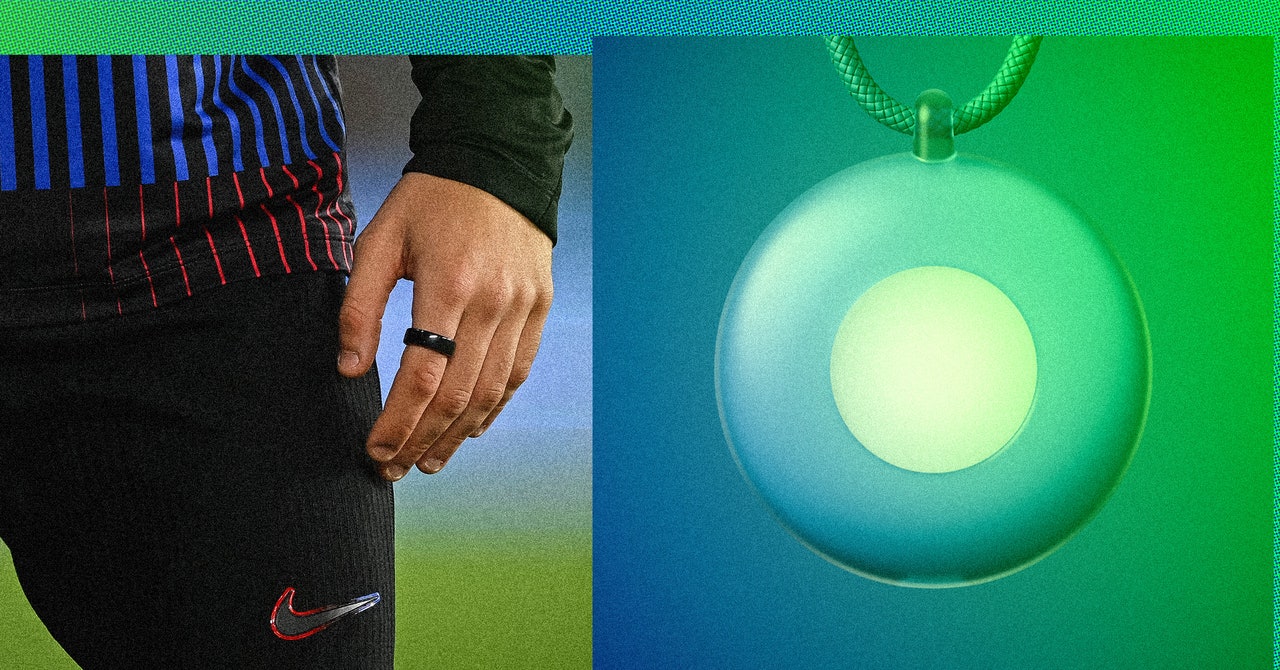Whether any of them will implement chatbots and agents well or in new and interesting ways is hard to say. While the addition of AI may be enough to garner the investment needed to build a device, it may not be enough to get people to actually buy the thing. Chatbots and AI agent Don’t yet provide enough use cases to justify people pinning their shirts en masse. We’re also at a point of AI saturation where tech is in everything. So, what makes your AI earbuds special?
“This is the problem with many startups; If AI is their differentiator, what happens when everyone else has it?” Sag says. “It’s table stakes now.”
Wearables and devices designed specifically to provide certain AI-powered services may seem like the logical next step in AI development, but the utility we’re getting from them so far doesn’t push the boundaries.
“The reality is that we don’t need dedicated hardware for the kinds of features or use cases that they’re showing,” Ubrani says. “Your phone can do most of these things.”
In the space of a year, AI has become something of a slightly more powerful version of vanilla, becoming a selling point in its own right.
making teeth
There are AI hardware success stories, of course, viz Ray-Ban Meta Smart glasses, which have performed well by incorporating AI One of many features In a device that offers use cases — taking pictures, listening to music — what AI can do on its own. (It will certainly be a year Filled with smart glassesAnd CES is full of them, too.)
Meta, of course, is one of the larger companies with the resources to incorporate AI into its services. Smaller manufacturers may not have the financial strength to compete, but they are feeling the pressure to get in the game.
“It’s going to be hard to see how those small startups survive,” Sag says.
Sag says there are ways to stand out from the plethora of big devices and other AI gadgets in the mix. Privacy, for example. Meta may have the most successful smart glasses right now, but the company’s platform is a data vacuum that sucks up nearly every bit of information about its users that it can. Sag points towards competitors like Also reality or Looktech.AIThat make smart glasses that allow extensive user control over privacy settings and don’t necessarily just send every bit of data back to the mothership. He says startups like these can use a more secure approach to differentiate their products, giving users an alternative to big, data mining platforms.
No matter how safe and secure the technology is, people still want something that is fundamentally beneficial to them.
“The next wave of this is like, OK, what is AI doing for me right now other than telling me that I have AI?” says Saag. “A lot of AI is necessarily driving sales, because it’s not really changing people’s lives.”










